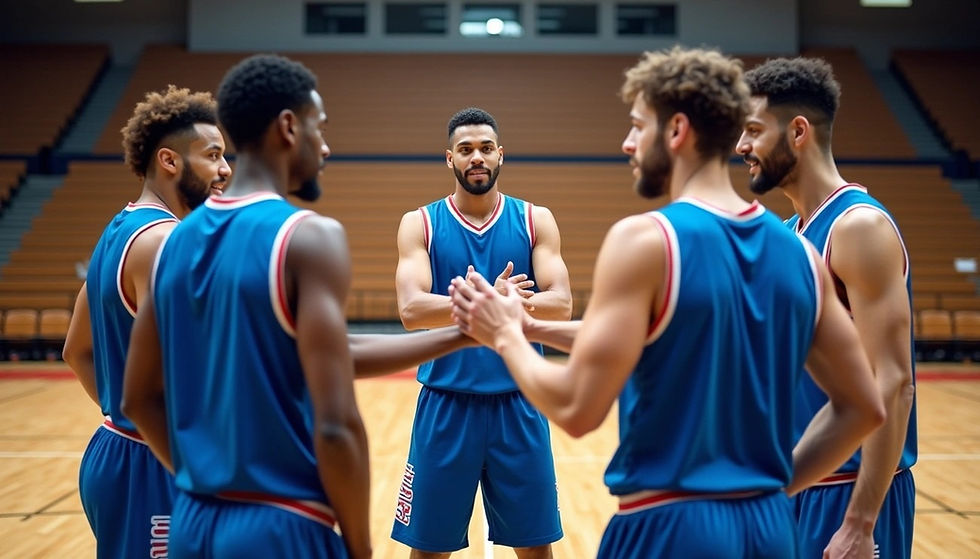Are you better than average? The better-than-average effect
- Dr Paul McCarthy

- Jan 15, 2024
- 3 min read

How do you judge where you are in the world? Other people hold unique skills, abilities, talents, and genes. How do you figure among the large group of people who play and compete in your sport? In sport, we are forever judging where we might be in relation to everyone else. Would it be a wonderful achievement to be better than average? We know from the research that people with above average attractiveness, intelligence and sociability are wealthier than people who rank lower on these three dimensions. So it matters how you see yourself in relation to other people.
Although by definition, of all the people in a population half are above average and half are below average, why do we as humans think we are above average? There are several reasons for this finding, but in the absence of objective data, it leaves us to judge where we lie in relation to everyone else. There are lots of theories to explore and explain the better-than-average effect. We shall begin with a familiar theory in sport settings – self-enhancement theory. Self-enhancement theories suggest that people have positively distorted, but not impressive, perceptions of themselves across various domains and people work to promote or maintain these beliefs. Think about a sport setting where someone judges that you are not at the level you think you might be, so you pursue an ‘I’ll show them’ attitude to achieve your goals. In this situation, people see themselves more favourably, dismiss the negatives and admit the positives, see the more positive details from their past and interact with others who see them favourably. Imagine you had two trial games one week apart. In the first trial game, you did not play to a standard you would have liked. You hear on the grapevine that the people selecting the squad did not think you would be good enough to make the squad while two of your friends (whom you felt were not as able as you) were in the running for selection. In the week that follows, you set your mind to the next trial game. You focus on the task at hand and convince yourself that you will show them just how good you are. You speak with people who see you favourably and search for feedback to match the beliefs you hold about yourself. We see this thought, feeling and action process, especially in teams or squads that expected more from themselves in a game but did not produce it on the day. In the days or weeks that follow, they circle the wagons and place greater emphasis and focus upon themselves because they believe they are better than they have shown and they wish to prove it to their fans who have written them off.
With self-verification theory, we see people prefer feedback and relationship partners who support rather than challenge their views of themselves. Think about the role of parents and caregivers (among others) who instil positive self-beliefs in childhood. When we move in the circles of those who affirm our views of ourselves, we can see how we strengthen these views and so a person will feel superior or better-than-average. It has also likely that social norms mean we give positive and supportive rather than negative and unhelpful feedback to people close to us. In sport, however, the role of coaches and peers means we can create positive, supportive and empowering climates of support or their opposite. In short, if we see ourselves more positively and more capable, and reinforce these beliefs, we will create a belief system with long-lasting positive effects in sport.
Zell, E., Strickhouser, J.E., Sedikides, C. & Alicke, M.D. (2020). The better-than-average effect in comparative self-evaluation: A comprehensive review and meta-analysis. Psychological Bulletin, 146 (2), 118-149.








